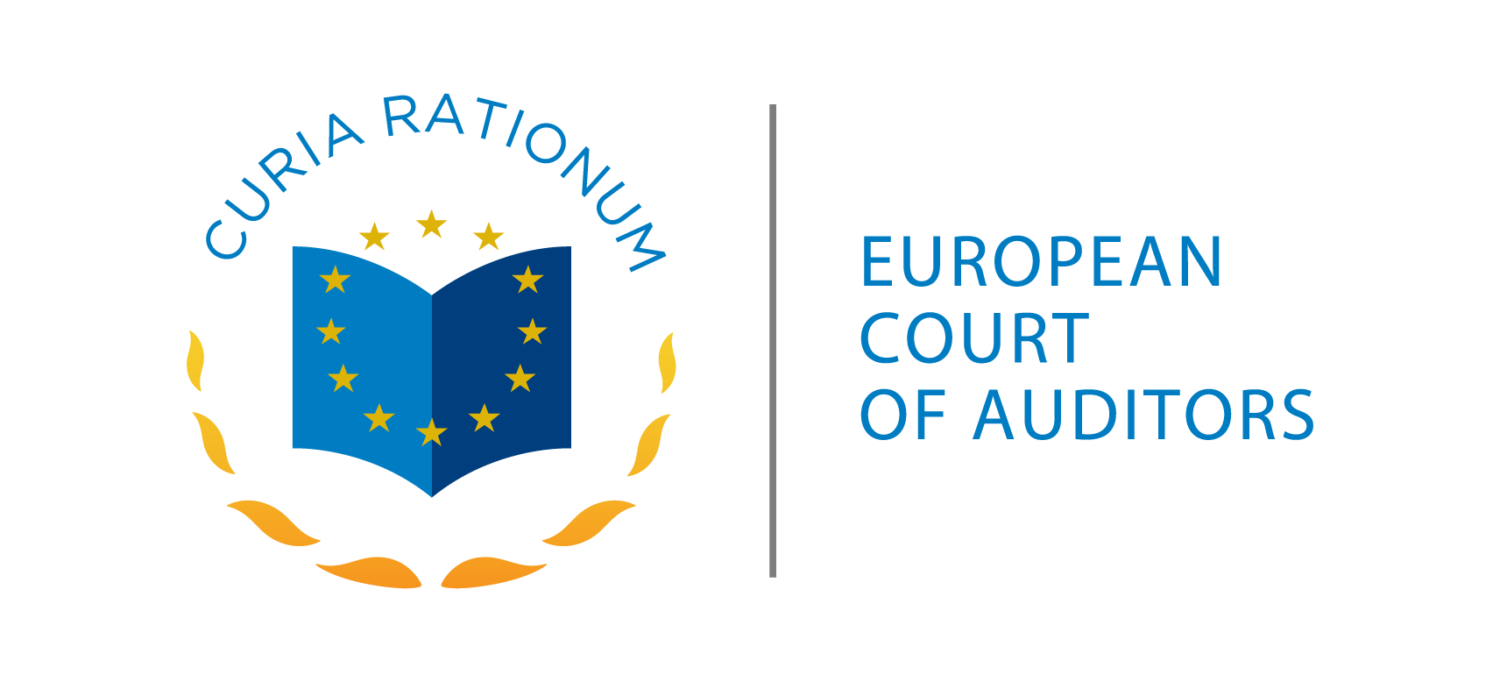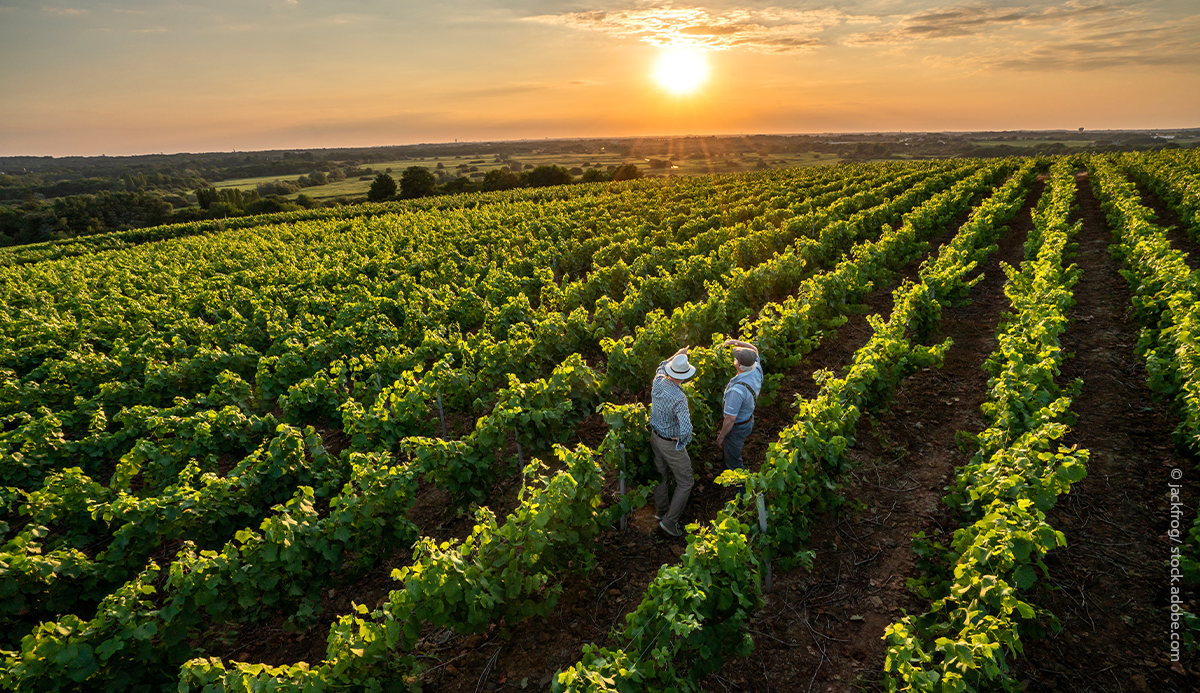EU’s wine policy leaves a sour taste
> Funding has no clear impact on the competitiveness of wine growers
> Environmental ambitions and considerations are low
The EU wine sector is highly regulated and supported. Wine growers have received around €500 million of EU money per year to restructure their vineyards and become more competitive. Since 2016, wine growers have also been able to request authorisation to plant additional vines. The purpose of this is to allow controlled growth of production potential (up to a maximum yearly increase of 1 %), while avoiding oversupply.
“Fostering the competitiveness of the wine sector is essential and particularly relevant for the EU, but it should go hand in hand with improved environmental sustainability,” said Joëlle Elvinger, the ECA member who led the audit. “The least we can say is that, in either objective, EU action still has to deliver.”
In the EU, wines can be red, white and rosé, but the way they are grown is rarely “green”. The auditors lament the fact that, despite the large amount of funding involved, the EU’s wine policy has done little for the environment. The restructuring measure in particular shows little consideration for green goals. In practice, EU money has not been channelled to projects to reduce the impact of wine growing on the climate and/or the environment. Indeed, it could even have the opposite effect, such as switching to grape varieties that need more water. Similarly, the 1 % annual increase in vineyard areas, which was extended by an additional 15 years (until 2045), has never been assessed from an environmental perspective.
The outlook is not much brighter: in the new common agricultural policy (CAP), the environmental ambition for the wine sector remains limited. In the past, EU auditors have recommended that payments to farmers – including those made to wine growers – should be explicitly linked to environmental requirements. But in the new CAP, such conditions on funding for restructuring have been discontinued. Also, EU countries will have to use only a minimum 5 % of the money earmarked for the wine sector on actions linked to climate change, the environment and sustainability. The auditors find this figure of 5% rather low, given that, under a greener CAP, 40% of all agriculture expenditure is expected to target climate-related objectives.
Nor has EU policy proved success in making wine growers more competitive. In the five countries audited, projects are funded irrespective of content or ambition, and without regard to any criteria for fostering competitiveness. Non-structural changes to or normal renewals of vineyards are also financed, even though such actions are not eligible. Also, beneficiaries are not required to report on how restructuring has made them more competitive. Moreover, neither the European Commission nor the member states assess how the projects that are supported actually help to make wine growers more competitive.
The same is true of the planting authorisation scheme. Firstly, the maximum percentage of a 1 % annual increase was proposed and adopted without any justification, or any analysis of whether it was suitable and relevant. Secondly, only few eligibility and priority criteria linked to competitiveness are used when granting such authorisations.
Background information
The EU is the world’s leading producer, consumer and exporter of wine. In 2020, there were 2.2 million wine holdings in the EU and vineyards covered about 2 % of the EU’s utilised agricultural area. About 80% of the wine produced in the EU comes from Italy, France and Spain.
Wine growers and wine makers are eligible for CAP financial support. This can be specific support under the common market organisation for wine (mainly through national support programmes), but also through direct payments, and support for rural measures, and/or for horizontal promotion measures.
Special report 23/2023, “Restructuring and planting vineyards in the EU: unclear impact on competitiveness and limited environmental ambition”, is available on the ECA website.
Contacts
Créer gratuitement votre compte pour accéder aux contacts des communicants MediaConnect
C'est parti !Médias

Pour télécharger, merci de vous connecter ou vous inscrire

ECA-Office-14-3-jpg

Pour télécharger, merci de vous connecter ou vous inscrire

ECAHorLogoColourOutlineMasterEnglishEnglish-png

Pour télécharger, merci de vous connecter ou vous inscrire


